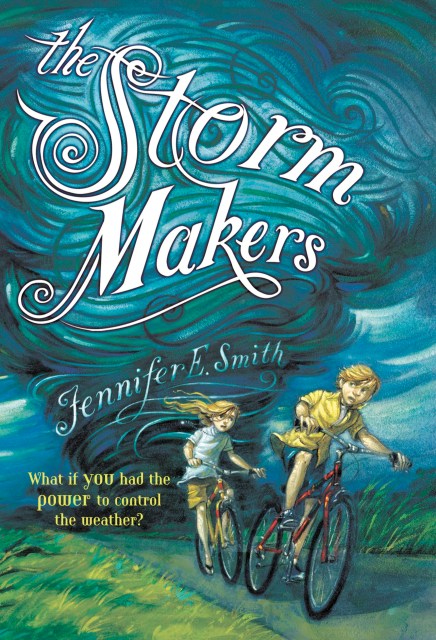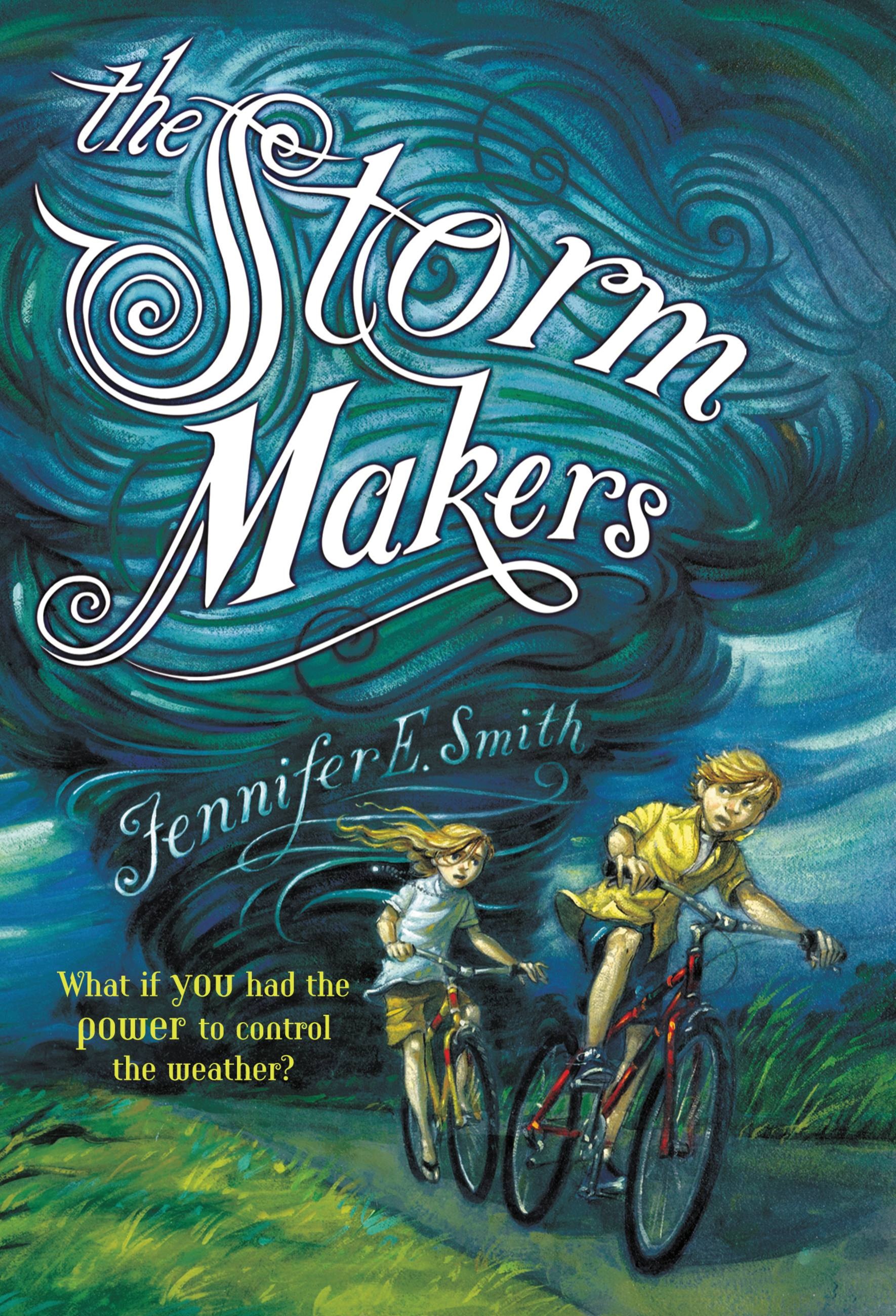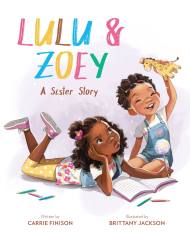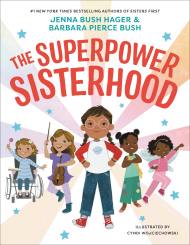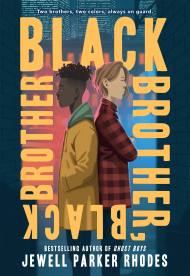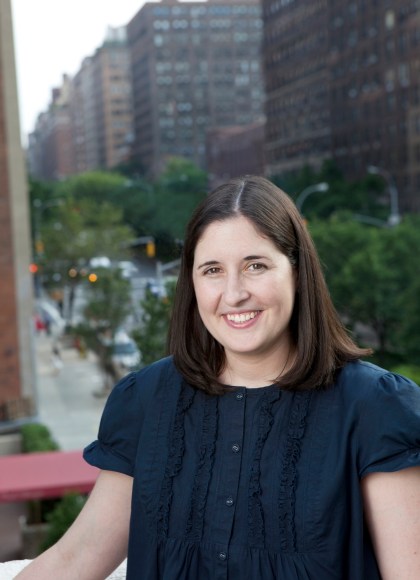Promotion
Use code MOM24 for 20% off site wide + free shipping over $45
The Storm Makers
Contributors
Illustrated by Brett Helquist
Formats and Prices
Price
$19.99Price
$25.99 CADFormat
Format:
- Trade Paperback $19.99 $25.99 CAD
- ebook $6.99 $8.99 CAD
This item is a preorder. Your payment method will be charged immediately, and the product is expected to ship on or around June 4, 2013. This date is subject to change due to shipping delays beyond our control.
Also available from:
What starts as an ordinary summer turns exciting and perilous for twins Ruby and Simon when strange occurrences begin happening on their farm — sudden gusts of wind, rainstorms, and even tornado warnings — that seem eerily timed to Simon’s emotions.
Then a stranger arrives and tells the twins that Simon is a Storm Maker — part of a clandestine group of people entrusted with controlling and taming the weather — and that he is in great danger. Soon Simon and Ruby must race against the clock as they try to master Simon’s powers in time to stop a rogue Storm Maker’s treacherous — and potentially deadly — plans.
In this thrilling new adventure, loyalties can shift as quickly as the wind . . . and the ordinary can turn extraordinary in the blink of an eye.
Genre:
-
"This appealing and elegantly written adventure tacks well to the lee of weather-related politics, relying instead for narrative power on vivid scenes, engaging characters and satisfying twists both of plot-and of wind."The Wall Street Journal
-
"Smith expertly conjures the dusty feel of a Midwest where hope itself is baking away...this is miles away from most magical fare, and is therefore a real breath of fresh air."Booklist
-
"Building like a summer storm, the pace and drama accelerate as thunderstorms, earthquakes, wildfires and tornadoes buffet the twin protagonists, who stand together as they face the elements....Credible and timely fantasy for the global-warming generation."Kirkus Reviews
-
"It's easy to root for the twins, especially smart, science-savvy Ruby, who stands by her brother while struggling with her jealousy about his special status."Publishers Weekly
-
"A good fit for the target audience...[with] broad appeal."VOYA
-
"The idea of ordinary kids finding out they have extraordinary powers has time-honored appeal, and this sturdy, well-plotted fantasy successfully combines contemporary concerns with old-fashioned charm in a way that should please readers of Law's Savvy."The Bulletin
- On Sale
- Jun 4, 2013
- Page Count
- 384 pages
- Publisher
- Little, Brown Books for Young Readers
- ISBN-13
- 9780316179591
Newsletter Signup
By clicking ‘Sign Up,’ I acknowledge that I have read and agree to Hachette Book Group’s Privacy Policy and Terms of Use
